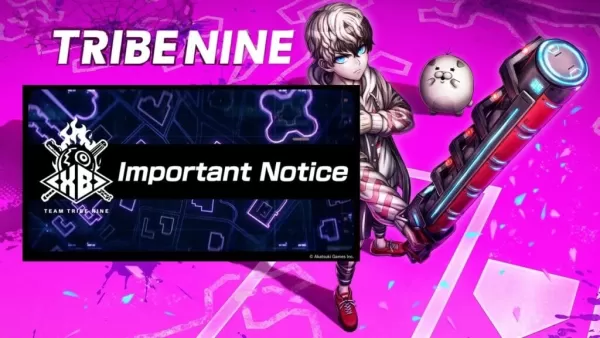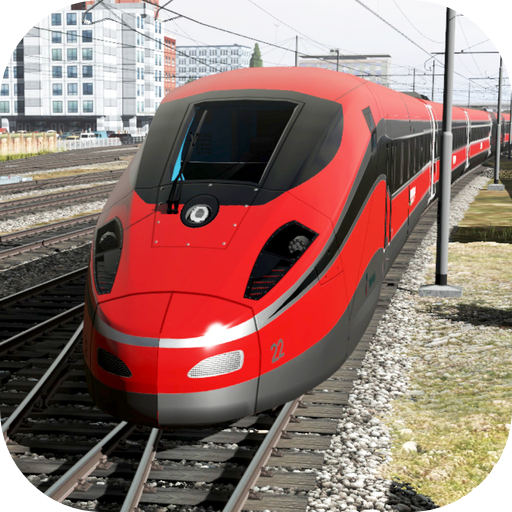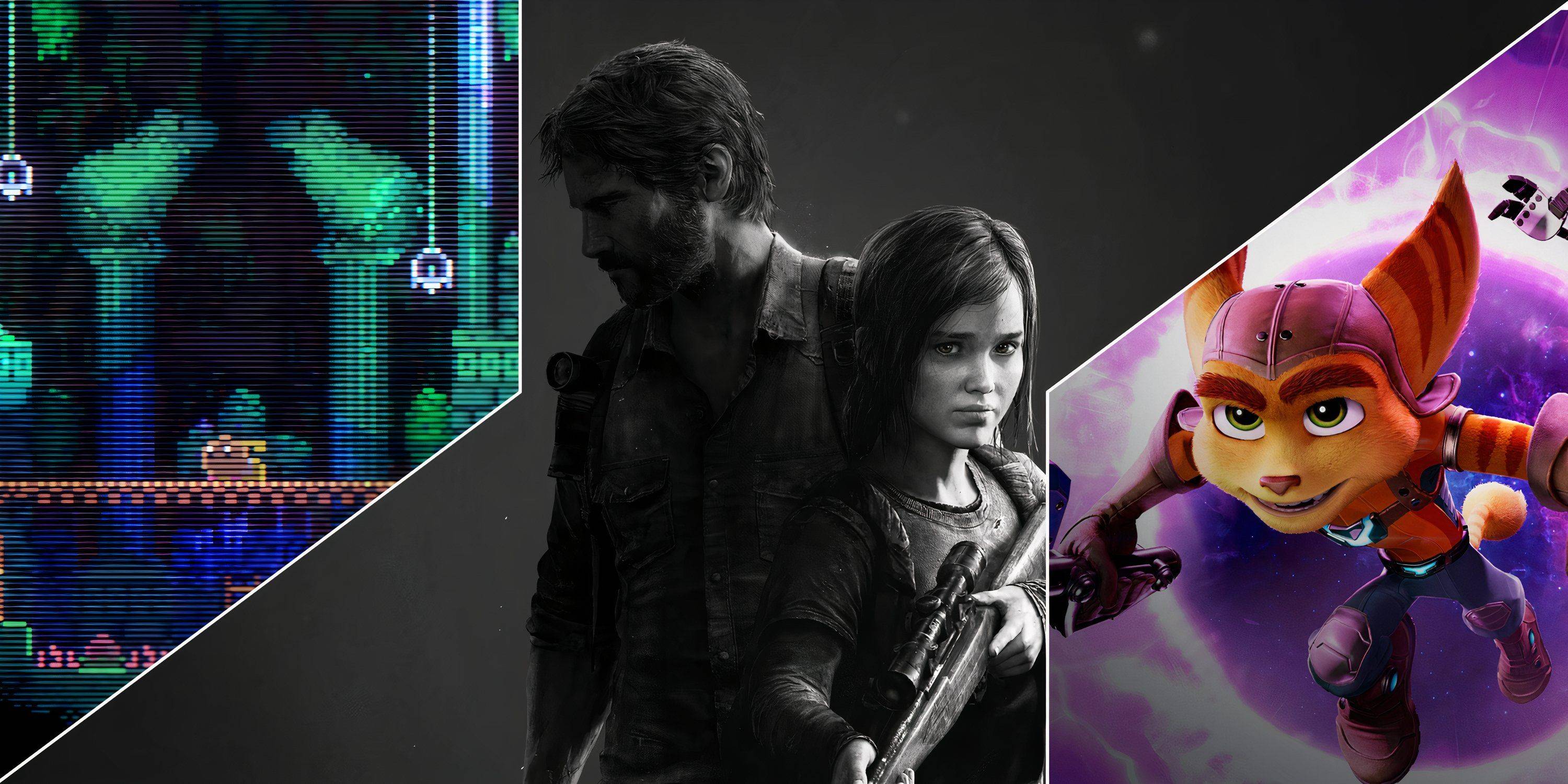The past 48 hours have been a whirlwind for both economic observers and Nintendo enthusiasts alike. On Wednesday, the gaming community was taken aback by the announcement that the Nintendo Switch 2 would be priced at $450 in the U.S., a figure that analysts attribute to anticipated tariffs, as well as factors like inflation, competition, and rising component costs.
The situation escalated further when, just last night, the Trump Administration unveiled sweeping 10% tariffs on nearly all countries, with significantly higher tariffs imposed on nations such as China, the EU, Japan, Vietnam, Canada, Mexico, and others. In a swift response, China announced this morning a 34% reciprocal tariff on all U.S. goods. Amidst this turmoil, Nintendo made a last-minute decision to postpone pre-orders for the Nintendo Switch 2 in the U.S. as they assess the impact of these tariffs on their console strategy.
This rapidly evolving scenario has left analysts, experts, and the public grappling to understand its implications. Just 30 minutes before Nintendo's surprising pre-order news, I had a conversation with Aubrey Quinn, a spokesperson for the Entertainment Software Association (ESA), to discuss the potential ramifications of these tariffs on the gaming industry.
The ESA, like many others, is still navigating the uncertainties these tariffs present. Quinn noted that while they anticipated some form of tariffs due to the Trump administration's previous actions and campaign promises, the extent and nature of the retaliation, particularly from China, and the possibility of further U.S. tariffs were unforeseen. The ESA remains cautiously observant, avoiding knee-jerk reactions, yet Quinn is clear about the expected negative impact on the video game industry:
"We really are, at this point, just watching and trying not to have knee-jerk reactions, because we don't think that what President Trump announced this week is the end of the story, but what was announced this week and the tariffs as outlined, we do expect these tariffs will have a real and detrimental impact on the industry and the hundreds of millions of Americans who love to play games," Quinn said. "And so our goal is to work with the administration, to work with other elected officials to try to find a solution that doesn't damage U.S. industries, U.S. business, but also American gamers and families."
Quinn elaborated that the impact of tariffs goes beyond just the price of gaming systems. She highlighted that increased costs could affect consumer spending, which in turn influences company revenues, job security, investment in research and development, and even the design of future gaming consoles. "The entire consumer ecosystem is connected," she emphasized.
In response, the ESA has been proactive, though Quinn admits it has been challenging to initiate actions given the newness of the Trump administration and its largely new cabinet. Despite these challenges, the ESA has engaged in discussions with various members of the administration and government to express concerns and seek solutions.
Quinn highlighted the ESA's participation in a coalition of trade associations that had already reached out to U.S. Trade Representative Jamieson Greer before the tariffs were announced. They are also seeking further meetings with legislators and administration members to discuss the broader implications of these tariffs.
When asked if these efforts are yielding results, Quinn confirmed that conversations are ongoing at various levels of government. However, she noted that while they have not met with President Trump directly, they have engaged with administration officials and members of the USTR. The ESA's efforts are part of a broader push to address the impact on all consumer products, not just video games.
For concerned consumers, Quinn suggested reaching out to elected representatives through letters, calls, emails, or social media to voice their concerns. "I think the more members of government, elected officials, and their staff who hear that their constituents are concerned, the more likely we are to be heard and to potentially make an impact," she stated.
Shortly after our conversation, Nintendo announced its decision to hold off on Nintendo Switch 2 pre-orders due to the tariffs. When I followed up with Quinn for her reaction, she refrained from commenting on individual company decisions. However, she addressed the broader impact of the tariffs on the industry, noting the unfortunate timing of the Nintendo Switch 2 reveal with President Trump's tariff announcement:
"You know what? It's been interesting with media coverage around video games and tariffs because just unfortunate coincidental timing that the Switch [2 reveal] was the same day as President Trump's announcement. There are so many devices we play video games on. There are other consoles, but as I was saying, VR headsets, our smartphones, people who love PC games, if we think it's just the Switch, then we aren't taking it seriously. This is going to have an impact.
"And even American-based companies, they're getting products that need to cross into American borders to make those consoles, to make those games. And so there's going to be a real impact regardless of company. This is company-agnostic, this is an entire industry. There's going to be an impact on the entire industry."
 Home
Home  Navigation
Navigation






 Latest Articles
Latest Articles










 Latest Games
Latest Games




![Chubby Story [v1.4.2] (Localizations)](https://imgs.xddxz.com/uploads/85/1719638042667f981a5e9f8.jpg)

![Zia – New Version 0.4 [Studio Zia]](https://imgs.xddxz.com/uploads/47/1719569268667e8b74e6004.jpg)




